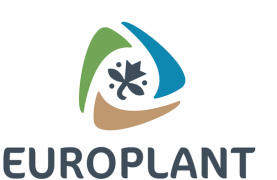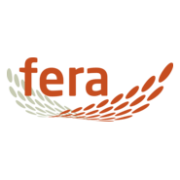Abstract
Petroleum-derived spray oils are long known to possess insecticidal activity. Lately, there is renewed interest in the use of mineral oils for the management of in-season spread of Potato virus Y (PVY) in seed potatoes. Mineral oils are environmentally benign and least prone to resistance development in target insect pests. Therefore, their use in integrated pest management is believed to be more sustainable in the long run. Mineral oils have been demonstrated to reduce the spread of PVY by more than 50% in comparison with untreated control on many occasions. The usual practice is to apply 5 to 10 L per ha with season long spraying programme at weekly intervals. Mineral oils possess direct toxicity towards the vector aphids, interfere with feeding behaviour and binding of virions within the stylets of aphids, and impede the infection process post-inoculation. All these together or alone contribute to reducing the spread of non-persistent viruses like PVY in the field. However, the mineral oils show inconsistent performance over seasons. Also, the field spread of persistent viruses is not affected as much. Perhaps the most important limitation of mineral oils is the necessity for complete coverage of the foliage. Therefore, fresh foliage after treatment continues to be susceptible to probing by aphids and the consequent virus transmission. Furthermore, mineral oils are applied more frequently in the early season and also when the aphid flight activity is higher. In combination with other methods, e.g. insecticides and straw mulch, mineral oils have been demonstrated to be more efficacious on occasions. Mineral oils will continue to be an important component of pest management in future.














